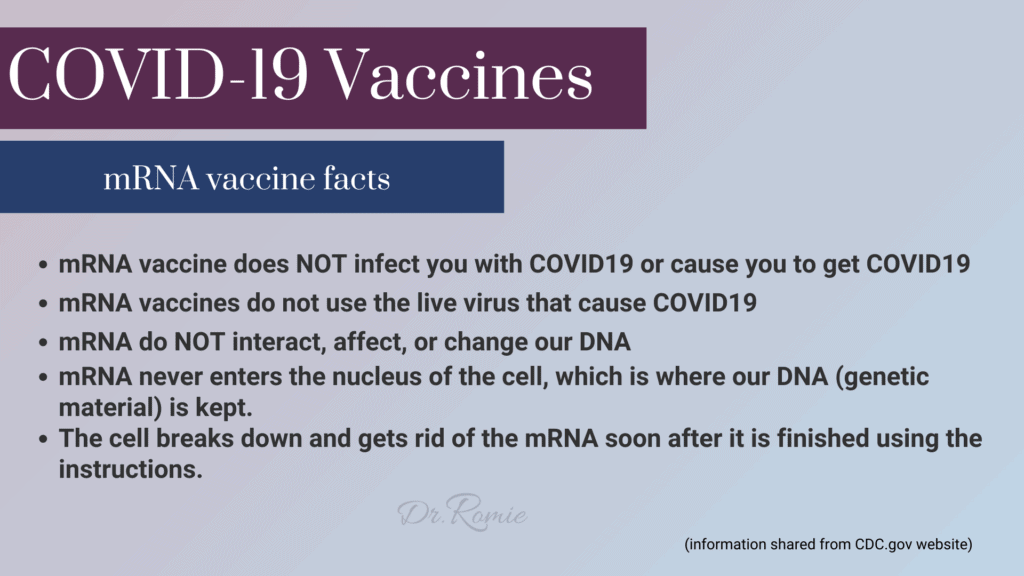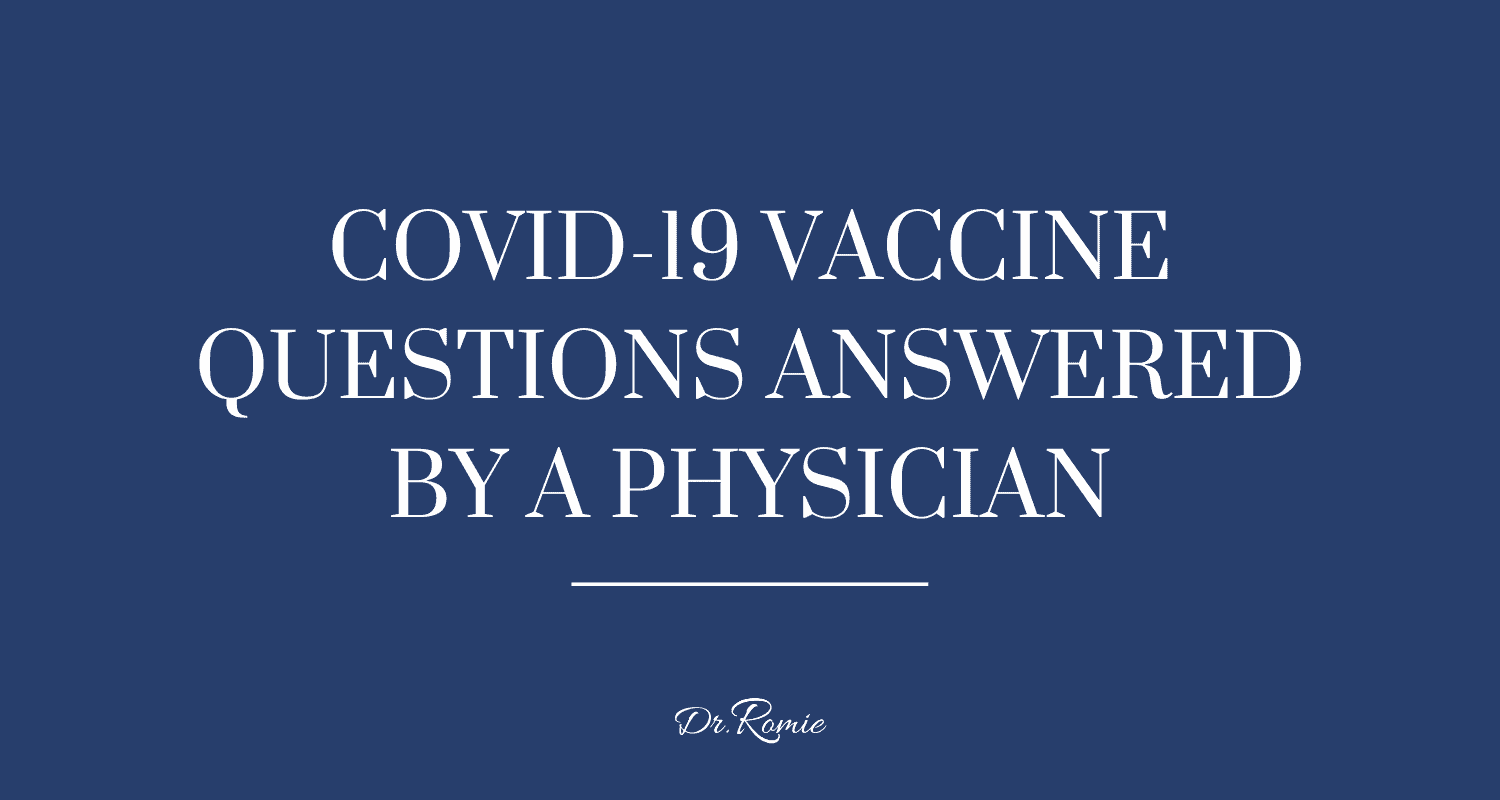As a physician who leads organizational change, I am writing this blog article the week of December 7th 2020, as we are waiting for FDA approval of COVID19 vaccinations.
We are living in the middle of a pandemic, and scientific updates arrive daily. I am a board-certified and licensed physician, and I believe in science. I practice both neurology and integrative medicine.
There are 2500-3000 daily deaths in the US due to COVID19, yet the country remains divided on social distancing, wearing masks, and the issue of vaccines. Wherever you stand on the argument, I am presenting the scientific facts as we have them at this moment. At the bottom of this article, you will find the resources that I used to write it.
The FDA is currently reviewing a vaccine produced by Pfizer to approve for use. The same vaccine is already being distributed in the United Kingdom. The Moderna vaccine is also pending review and approval by the FDA at this time.
Why Does the News Keep Changing About the COVID19 disease, treatments, and vaccine?
One year ago, the global medical and scientific community had not yet heard about COVID19. Because this is a new disease process, we learn about the symptoms, long term effects, potential treatments, and prevention in real-time. Medical researchers, physicians, and scientists are sharing data globally daily, meaning the news will update at a rapid pace.
Can I Trust a Vaccine Made So Quickly?
The COVID19 vaccine is an incredible feat of modern medicine, good news. However, due to the creation speed, people may be hesitant to get it, even people who vaccinate against all other diseases. This week, Gallup released a poll that now up to 63% of Americans are willing to try the vaccine, increased from 51% earlier this summer.
The mRNA vaccines are not new. The research dates back to the early 1990s, being tested for rabies, Zika virus, influenza, and other viral diseases. However, this is the first time an mRNA vaccine will be used in the public.
At the time I am writing this article, we are waiting for more details on side effects in clinical trials. (As this becomes available, we will update this post). We will learn more about the side-effects as the first sets of doses are administered in the US and around the world.
Prior to being tested for viruses, mRNA technology was tested in cancer to target tumor proteins.
In January 2020, Chinese scientists released the data on the genetic code of the Coronavirus producing COVID19, and scientists around the world started to work on vaccines.
Will I be getting the vaccine? ABSOLUTELY.
When it is my turn, I will take the vaccine.
Given the shortage of vaccination doses, essential workers and the elderly are receiving priority as per the CDC guidelines. I am not a physician at the front lines, so I want my colleagues, nurses, and other healthcare workers who interface with COVID19 patients daily in hospitals to receive the vaccine first.
For the majority of American adults, vaccines will be available later in 2021.
What does mRNA vaccine technology mean? Will the vaccine give me COVID19? Will mRNA change my DNA?

Let’s start with how this vaccine works. This is an mRNA vaccine, which is a new technology compared to other vaccines you may have taken in the past. Past vaccines typically use a live but weakened “attenuated” virus, meaning it contains dead viral material (“inactivated” virus), or a piece of the virus’s protein, or even a toxin produced by the virus.
The Covid vaccine is very different. It contains mRNA (messenger genetic material) that encodes for the Covid spike protein. The mRNA vaccines teach cells how to make a protein—or even just a piece of a protein—that triggers an immune response inside our bodies. That immune response, which produces antibodies, is what protects us from getting infected if the real virus enters our bodies. The mRNA helps our cells create a spike protein.
When your cells release just the spike protein, it will stimulate your immune system to form antibodies to the COVID19 spike protein without you getting sick. There is no possibility of getting Covid from the vaccine. When your body is subsequently exposed to COVID19, it will quickly recognize the spike protein and destroy it before it can make you sick. This was 95% effective in preventing COVID19, which is an even better percentage than most other vaccines. However, you must take both doses of the Pfizer vaccine (about 3-4 weeks apart).
(In contrast, when you are sick with Covid, the virus hijacks your cell to produce many copies of the entire virus. The virus destroys the cell, busting it open to release its newly formed viral particles.)
Did the pharmaceutical companies, government, or FDA cut corners to get the vaccine produced so quickly?
Because the virus’ gene sequence was available in January, the vaccine was developed from the technology we had from the prior mRNA vaccine research on other Coronaviruses and cancer research in March. Usually, there would be several months for the FDA to evaluate the research prior to approving Phase 1 trials. However, given the pandemic’s urgent nature, the review was done quickly, which cut out months of waiting, but no one cut any corners.
How many people have already tried the vaccine in clinical trials?
Between the Moderna and Pfizer vaccines (both mRNA, with a slightly different delivery system), they were tested in 37,000 people in Phase 3 (and an additional 37,000 received a placebo). The number of people tested in Phase 3 clinical trials is actually similar or higher than the number of people tested in other vaccine trials.
What about the side effects of the Covid-19 vaccine?
Earlier this week, Britain started to administer the vaccine to healthcare workers. Two nurses reported anaphylactic reaction, they have histories of similar reactions to other medications. Hence, we see the warning to avoid the vaccine if people have a history of severe allergies to food or medicines.
Information is available because, like other vaccines, minor side effects may occur(soreness at the injection site, muscle aches, fever).
I will update this article (and my website) on the other known side effects as the data becomes available.
Can you explain how much the vaccine will reduce the spread of COVID19?
Let’s talk numbers:
- Right now, as a relatively healthy 40-something-year-old female, I have a 1 in 250 risk of dying from COVID19. That is very dangerous, and the vaccine reduces this risk depending on how many other people get the vaccine.
- It is estimated that about 50-70% of the population in the US needs to be vaccinated to reduce the current death rates and infection rates.
- Ninety-five percent vaccine efficacy means it’s a relative risk reduction – or put another way – for 10k people vaccinated, we expect to see fewer than two people get covid compared to 37 in a similar size unvaccinated population.
Many of my family members are physicians at the front lines here in the US and in the UK. We all personally know doctors, nurses, and other healthcare workers who have died from COVID19 because they risked their lives taking care of other COVID19 patients. To all of the frontline workers and essential workers, thank you. We can all do our part to get the facts about vaccination and stopping the spread of COVID19.
RESOURCES:
- CDC information on vaccines: https://www.cdc.gov/coronavirus/2019-ncov/vaccines/index.html
- How COVID Vaccines were developed so quickly: https://www.medscape.com/viewarticle/941719
- COVID 19 Practice Guidelines: https://emedicine.medscape.com/article/2500114-overview
- FDA information on COVID19 vaccines: https://www.fda.gov/emergency-preparedness-and-response/coronavirus-disease-2019-covid-19/covid-19-vaccines
- mRNA vaccines a new era in vaccinology: https://www.nature.com/articles/nrd.2017.243
- mRNA vaccines: https://www.medpagetoday.com/infectiousdisease/covid19/89998
- Regulators warn against people with significant allergies receiving COVID19 vaccine: https://www.wsj.com/articles/people-with-severe-allergies-shouldnt-get-covid-19-vaccine-says-u-k-regulator-after-reactions-11607515727

